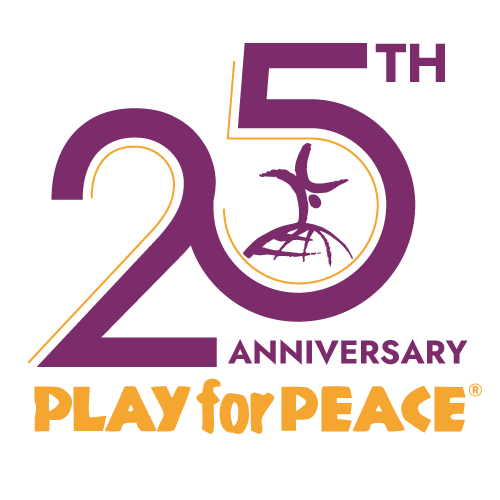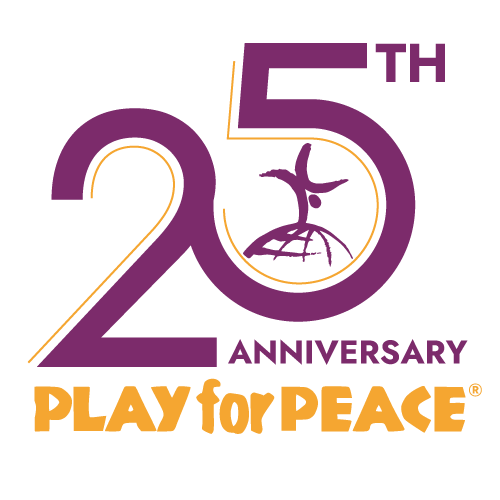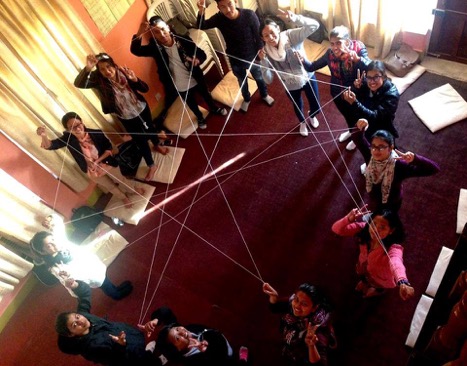The Giving Games were in full swing in Nepal this past month. Between the Global Peace Youth Corps club in Kathmandu and the Nepal Friendship Society Peace Club in Bharatpur, almost 1,000 children were able to participate this year. The children came from various communities and schools including Naba Jagriti Primary School, Siddhi Binayak Secondary School, Narayani Public School, Manjari Secondary School, and the Nepal Friendship Society’s learning center. Most spent about an hour each day engaged in several interactive games, art projects, and discussions intended to inspire generosity and compassion for the self, others, and the Earth. The Nepal Friendship Society spent its opening day raising awareness about the environment with activities demonstrating that making the world a greener; better place can also be fun.
Pratime, an eighth grader at Siddi Binayak Secondary School, reflected on these events, saying: “The environment is our Mother Earth." Keeping with the earth theme, one group of students created a Hope Tree by writing down their hopes for the new year and attaching these notes to branches of a tree. It served as a physical reminder of their resolutions for 2017. Another group crafted a Peace Tree: a paper tree complete with paper leaves displaying various values essential to peacebuilding, like dignity, kindness, and hope. As the days progressed the children participated in many cooperative play activities to foster cooperation and cross social divides. They exchanged food with each other, played the ‘one-two unity’ game, and made happiness lists. The latter task encourages participants to incorporate activities that make them happy into their daily routine and focus on spreading that happiness to others.
A few hours away in Nepal’s capital city, GPYC kicked off their games with a ‘Web of Support.’ In this bonding exercise, group members sit in a circle as they toss a ball of yarn from one person to the next, each person sharing something personal they need support with along the way. Eventually, the yarn spans the whole room as a literal web evoking the support that group members have extended to each other. In addition to playing games like this, including the Dream Catcher, the Team Sculpture challenge, and making happiness lists, the GPYC club had important conversations. There were environment-related discussions about the sanctity of nature and the efforts we can make to safeguard it. They also learned more about compassion by studying famous examples.
Taking inspiration from the biographies of global peace leaders, they concluded that compassion is found in more than just grand gestures; even small acts can make a big difference. With these lessons in mind, the students rounded out their 12-day challenge with an act of gratitude. They made a card addressed to the Karol Bag YTH Peace Club in appreciation for their efforts as peace-builders. Karol Bag is a Play for Peace club in Delhi, India. Like GPYC (and the Nepal Friendship Society), they work with youths who face religious, tribal, and caste-based discrimination. Though the work is difficult, and at times disheartening, GPYC wants them to know that they are not alone in their efforts.
[gallery size="medium" ids="8248,8254,8255,8256,8257,8258,8251,8252,8253"]



